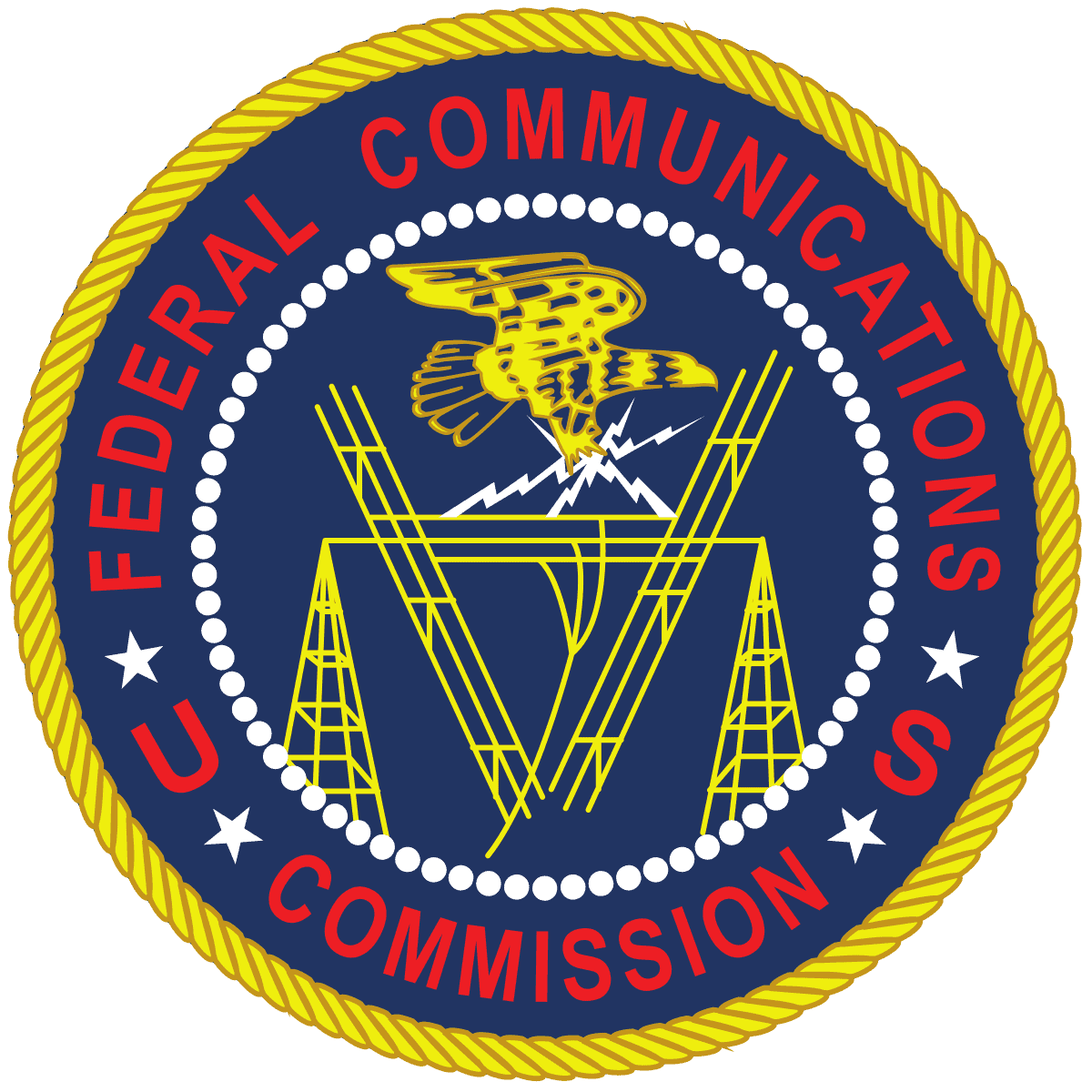Comments in Response to the Federal Communications Commission’s Proposed Regulation: Procedural Streamlining of Administrative Hearings

COMMENTS SUMMARY
In NCLA’s view, The Streamlining Rule proposes to convert live-testimony hearings into written-record proceedings. Such a conversion would fundamentally reshape Congress’ administrative adjudicatory scheme by altering the dynamics of probative inquiries into disputed facts. Perhaps most notably, it would take away a regulated party’s ability to cross-examine and impeach adversarial witnesses in real time. Such a fundamental change cannot be lawfully accomplished through Administrative Procedure Act (“APA”) rulemaking.
Join the new civil liberties movement. Protect Americans from the Administrative State!
DOCKET ID: 19-214
SENIOR LITIGATION COUNSEL: Michael P. DeGrandis
SUBMISSION DATE: November 6, 2019
CASE DOCUMENTS
November 6, 2019 | Comments in Response to the Federal Communications Commission’s Proposed Regulation: Procedural Streamlining of Administrative Hearings
PRESS RELEASES
November 7, 2019 | NCLA’s Comments Challenge Proposed FCC Streamlining Rule That Would Rewrite Two Federal Statutes
Washington, D.C. — The New Civil Liberties Alliance (NCLA) today filed comments to a proposed rule asking the U.S. Federal Communications Commission (FCC) not to promulgate the “Streamlining Rule” which proposes to replace live testimony hearings with written record proceedings.
NCLA contends that such a substitution would take away a regulated party’s ability to cross-examine and impeach adversarial witnesses in real time. Such a fundamental change to due process rights cannot be lawfully accomplished through Administrative Procedure Act (“APA”) rulemaking. Moreover, the Commission cannot regulate away statutory mandates established by Congress in the APA and the Communications Act, nor can it disregard fundamental concepts of fairness protected by the Constitution.
NCLA proposes that the Commission advance a rule that simply allows any regulated party to waive its right to a live testimony hearing and opt instead for a written record—if it so chooses. This solution would simultaneously enhance efficiency where live-testimony hearings would not benefit the Commission nor regulated parties in resolving a dispute, without infringing upon the due process rights of regulated parties.
“FCC’s focus is all wrong. The goal of adjudication is not efficiency, it’s justice. And justice cannot be achieved without due process. The Commission’s claim that none of its hearings requires oral testimony is a disingenuous interpretation of FCC’s organic statute and the APA, and an obtuse reading of due process rights guaranteed by the United States Constitution.” —Michael P. DeGrandis, NCLA Senior Litigation Counsel
ABOUT NCLA
NCLA is a nonprofit civil rights organization founded by prominent legal scholar Philip Hamburger to protect constitutional freedoms from violations by the Administrative State. NCLA’s public-interest litigation and other pro bono advocacy strive to tame the unlawful power of state and federal agencies and to foster a new civil liberties movement that will help restore Americans’ fundamental rights.
